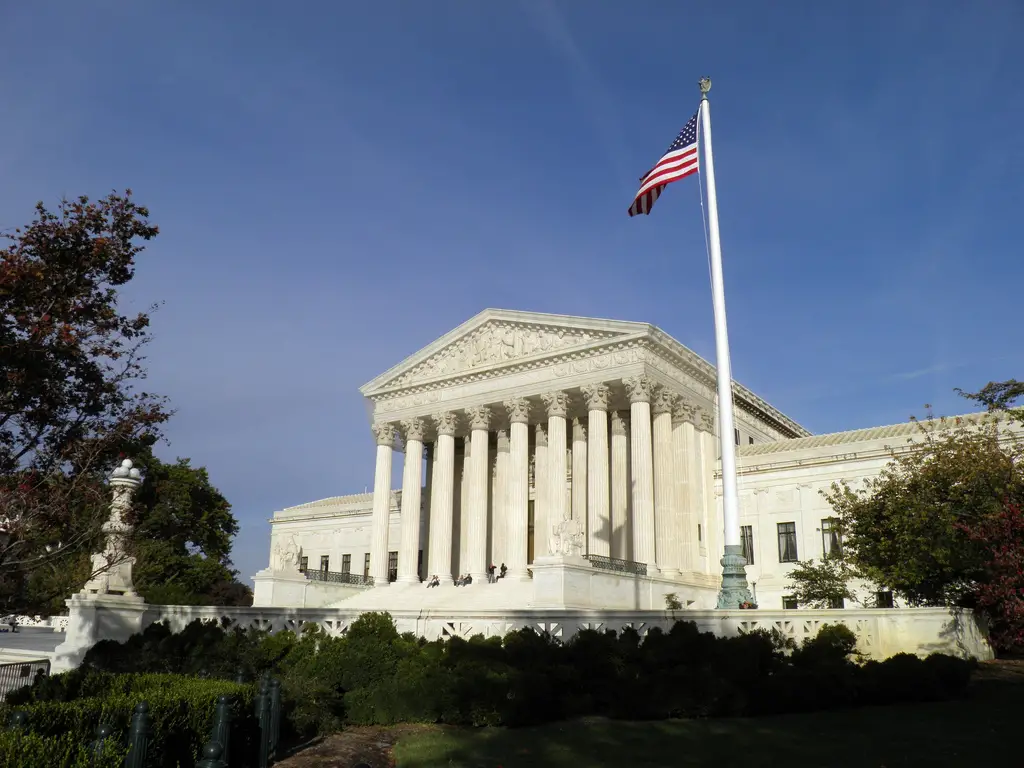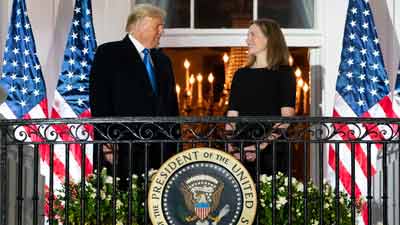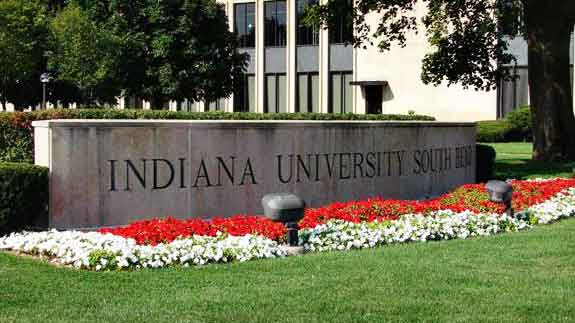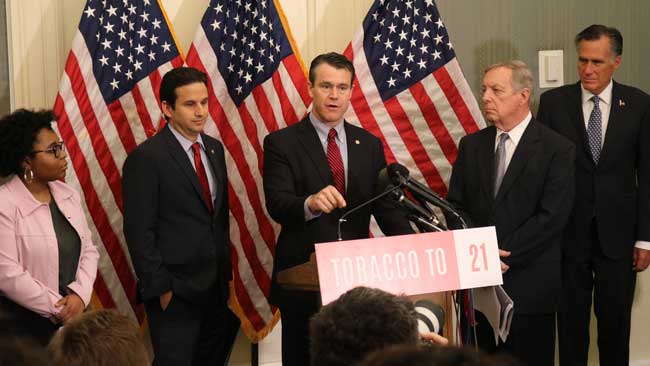The United States Supreme Court declined appeals of same-sex marriage cases on Monday, paving the way for marriage equality in five states and boosting the chances in six others.
Lower courts stuck down gay marriage bans in Indiana, Oklahoma, Utah, Virginia, and Wisconsin as unconstitutional. Appeals Courts — the second highest courts in the judicial system — concurred. The states sought an appeal to the Supreme Court but were denied, meaning that the original rulings will stand.
Federal Appeals Courts are the second highest courts in the US, one step away from the Supreme Court. They are divided into regions known as “circuits”. While judges in each circuit are independent, they must follow Supreme Court legal precedent and generally look to their peers in other parts of the country for guidance on issues not decided before the Supreme Court.
The Supreme Court typically only hears cases of great controversy with conflicting rulings from lower courts. That is not the case here as every federal court that has ruled since DOMA was struck down in 2013 has sided with marriage equality with the exception of one District Court judge in Louisiana.
In the case of Indiana and Wisconsin, the 7th Circuit Court of Appeals in Chicago struck down those states’ bans.
“It was tradition to not allow blacks and whites to marry – a tradition that got swept away,” Judge Richard Posner, a Reagan appointee, said during a hearing. Posner called the state’s same-sex marriage ban “a tradition of hate … and savage discrimination.”
Rulings from an Appeals Court in each circuit are binding on lower courts within that jurisdiction. This means that same-sex couples within the regions covered will soon be able to get married as well. These six states include Colorado, Kansas, North Carolina, South Carolina, West Virginia and Wyoming, which are part of the 4th, 7th and 10th Circuits. That would put the total number of marriage equality states at 30 with a total population of 60 percent of the United States.
It may be a few days for gay couples looking to get married in Indiana. County clerks are waiting for Republican Attorney General Greg Zoeller to give them the go ahead. Zoeller had appealed the case in defense of a same-sex marriage ban twice: once to the 7th Circuit Court of Appeals in Chicago and again to the Supreme Court.
Meanwhile, marriage equality proponents are celebrating a new high point for gay rights in the United States.
“I feel like the states are heading in the right direction to give these couples the opportunity to be treated just like any other married couple regardless of their sexual orientation,” says Carlos Diaz of Elkhart, who is openly gay. “At times I feel like we are playing a game of turning off and on the light switch for same sex marriage ‘one day it’s on, the next day is off’ but no matter what, light will always win over darkness and we will shine light to what it means to be truly equal without feeling like an outcast in our own states.”
————










